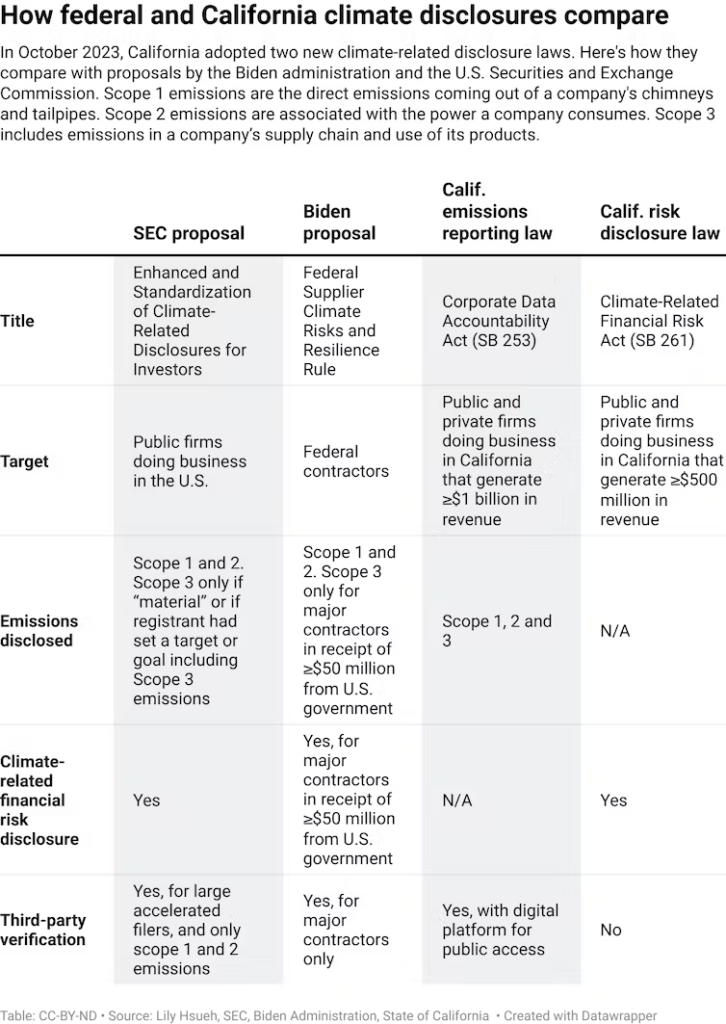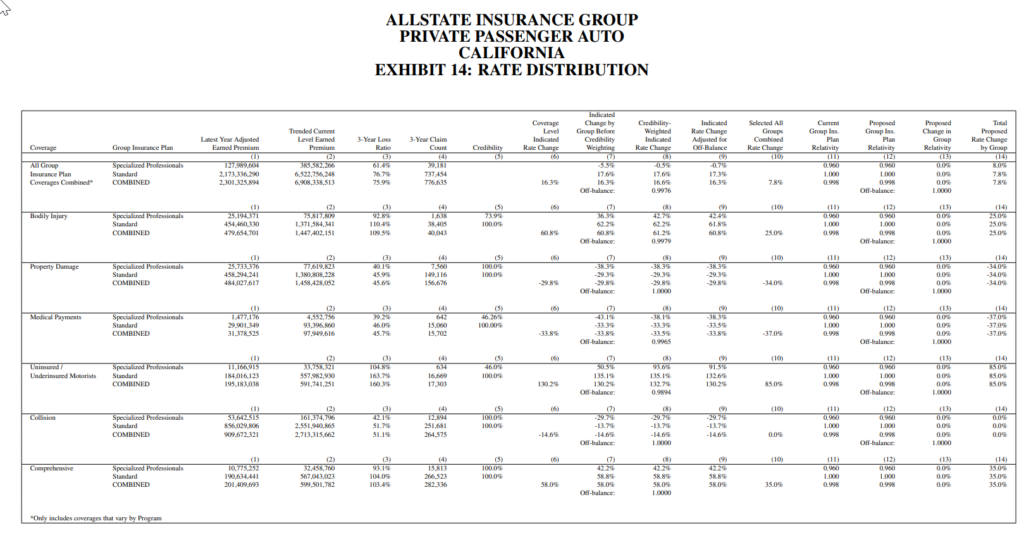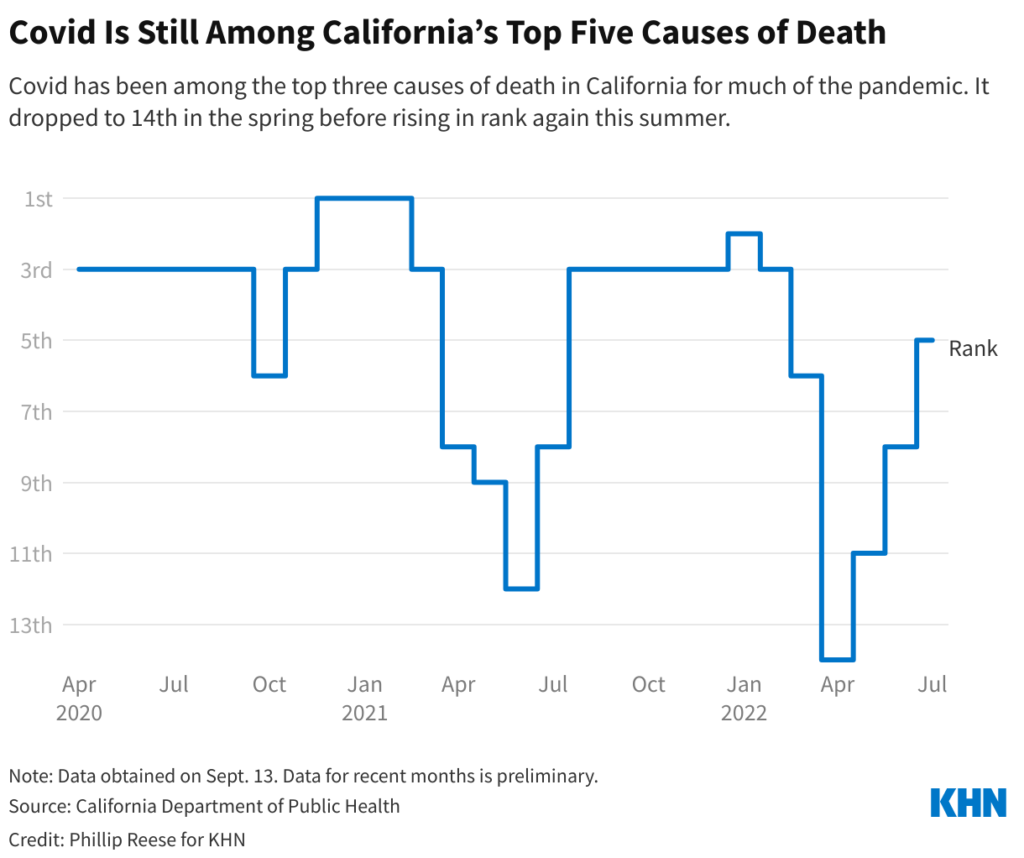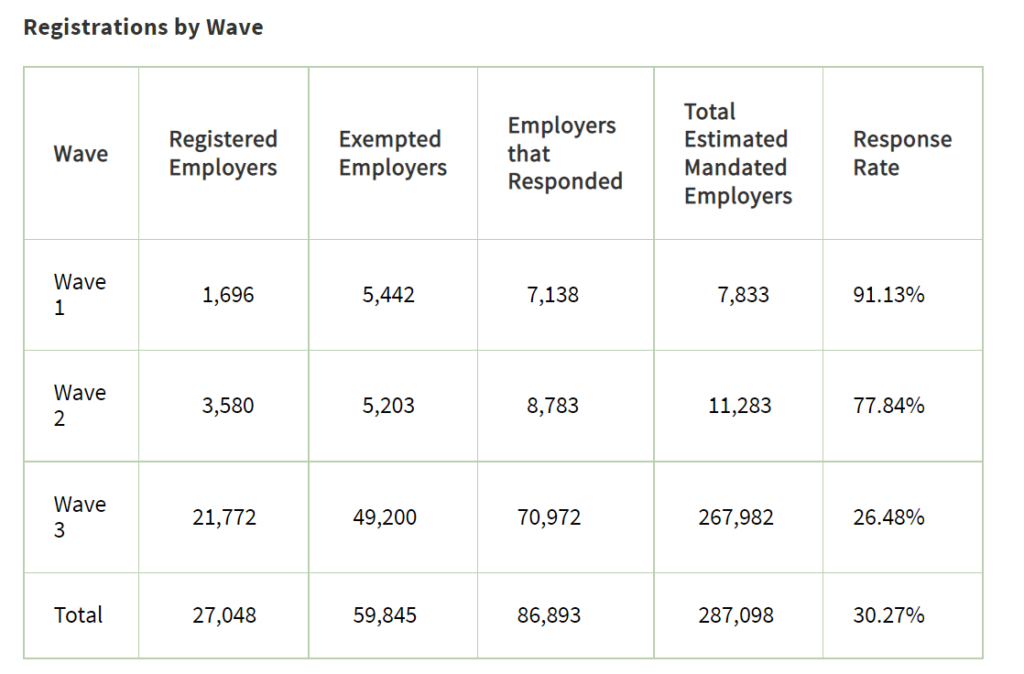CalPERS’ sense of privilege knows no bounds. The latest example is its Deputy Executive Officer, Communications & Stakeholder Relations Brad Pacheco unsuccessfully trying to ‘splain the very bad optics of Chief Investment Officer Nicole Musicco and her son getting NBA courtside playoff seats that are not available for purchase.
Even if Musicco was careful enough to have her receipt of these seats laundered through the box office, the pretense that a member of the general public could buy these seats is an insult to the intelligence of sports fans all over America.
….
Now one could argue that assuming Musicco bought the ticket, it’s still a sign of bad judgment for her to have gotten a courtside seat at a prized playoff game, the sort normally reserved for the connected and famous, and not state employees.2 But sports enthusiasts, season ticket resellers, and sports insiders all say no way, no how could Musicco have obtained these tickets, whether nominally purchased or not, without connected insiders making them available to her.
….
But aside from the decidedly bought-and-paid-for look, does Musicco winding up with these seats amount to a corruption problem under California law? If you read the relevant provisions with care, the answer is yes.
Musicco is at a level in the California government where she is required to make annual disclosure of outside income and her assets through a Statement of Economic Interests, more informally called a Form 700 (here is Musicco’s current Form 700). Form 700 filers are only allowed to receive a maximum of $590 in gifts from each source per year.
….
But rest assured Musicco would not have been able to collect this perk merely as a former partner in a sports-investment-happy fund; it is her status as current CalPERS Chief Investment Officer that makes her a celebrity-equivalent.
And keep in mind that celebrity treatment, normally kept well out of the public eye, is the norm in private equity. We’ve repeatedly discussed the soft corruption of government employees getting lavish perks like trips to attractive destinations with the fund manager providing lavish entertainment (such as the Stones and Elton John for the biggest funds) and meals, all charged to the fund, meaning the investors, meaning ultimately taxpayers. Here’s a recent indiscreetly-shared example from LinkedIn, of a sumptuous banquet at Westminster Abbey, of an annual meeting for Coller Capital, one of the largest private equity secondary investment firms (i.e., they buy the existing interests of limited partners). For once, enough gold to make even Donald Trump happy!
With that largess as not unusual, no wonder Musicco has come to see special treatment as normal.
Regardless, California takes an indulgent posture toward CalPERS, ignoring sins like cooking its books and covering up employee embezzlement.7 Remember, even in its pay to play scandal, where former CEO Fred Buenrostro was caught taking paper bags of cash, it was the Department of Justice,not the California Attorney General, that successfully prosecuted him, resulting in a four-and-a-half-year prison sentence. Even though the general public will take offense at the latest chicanery, CalPERS’ status in California as too big to fail apparently means it is too big to be disciplined.





